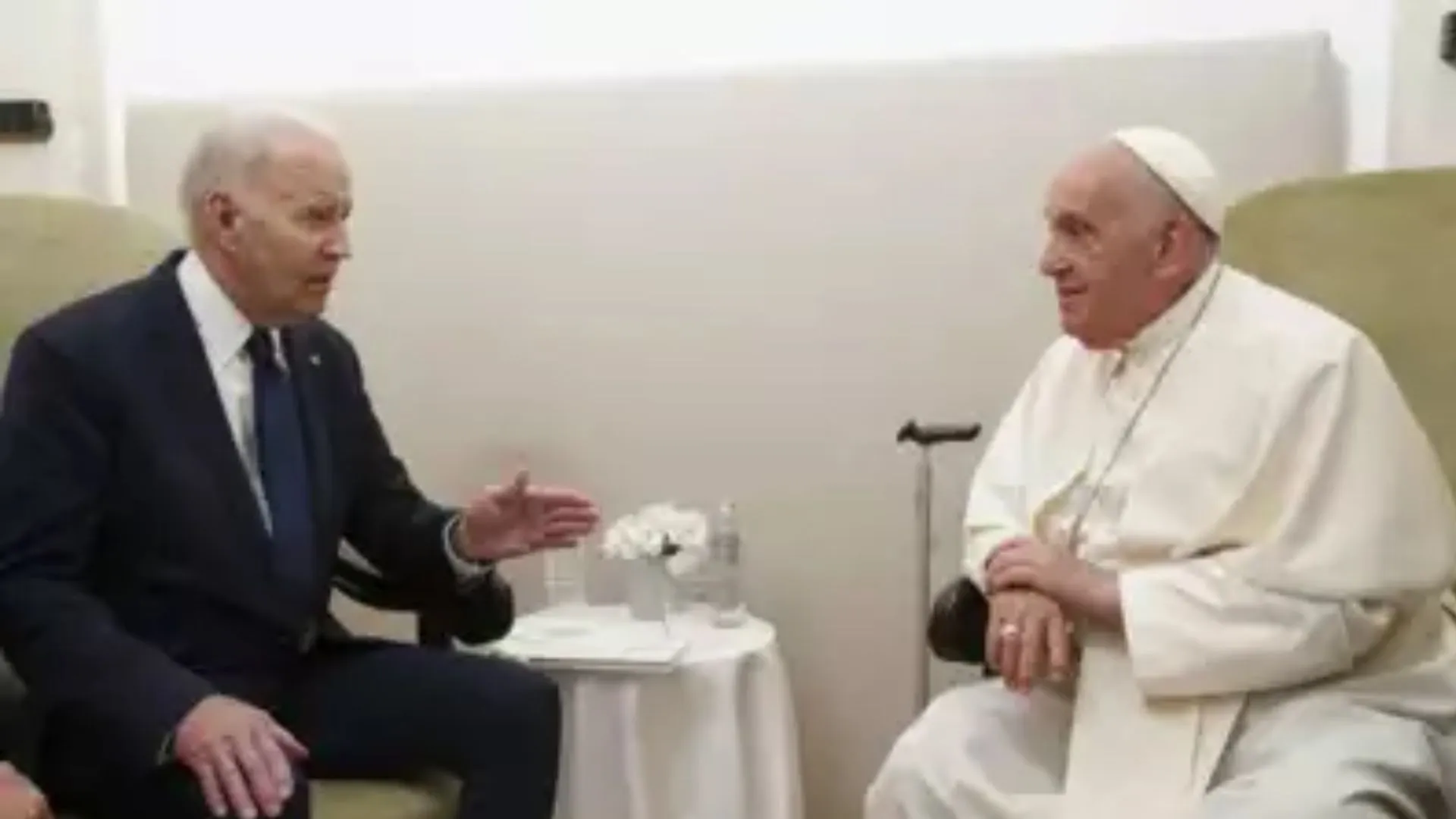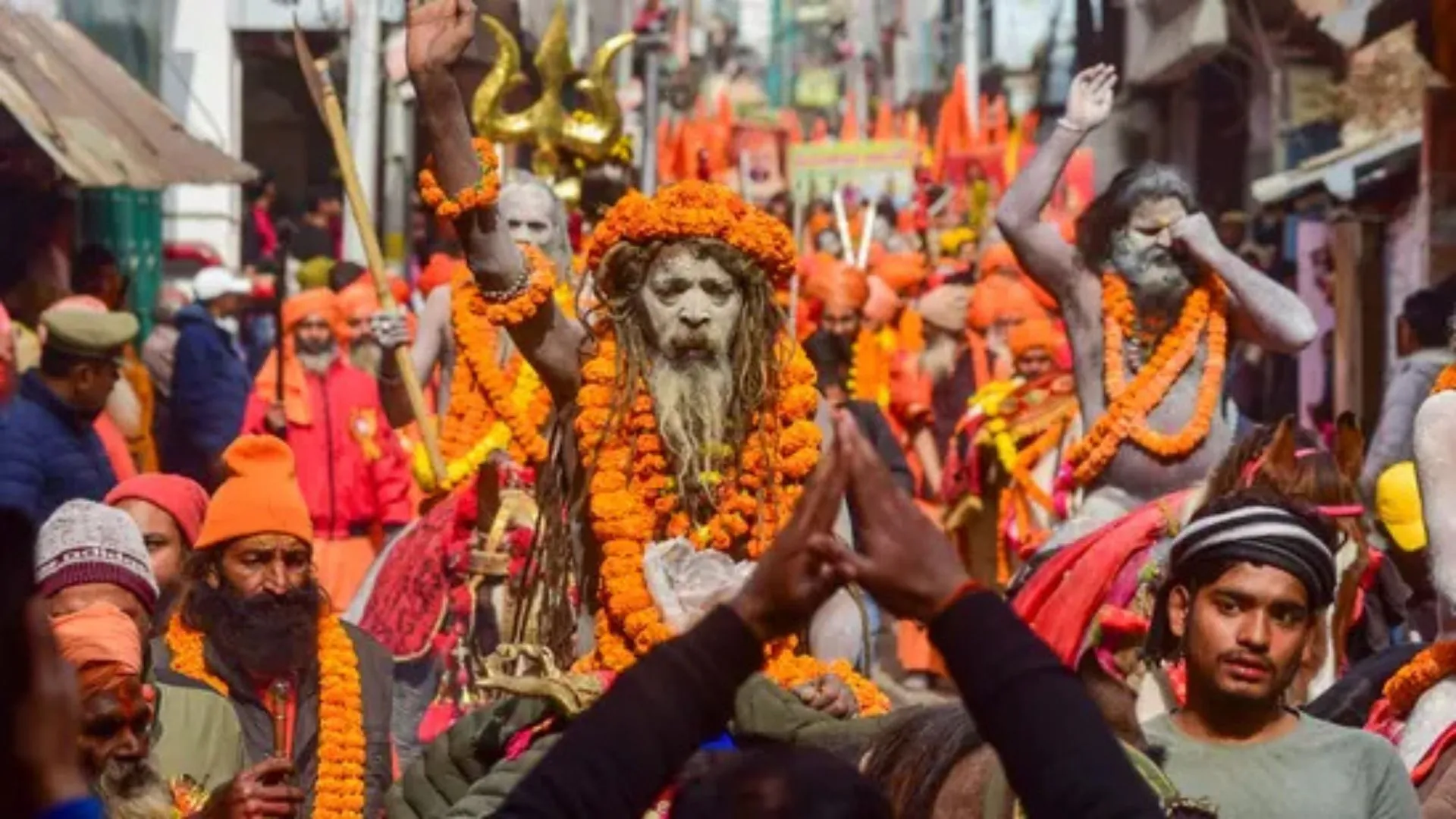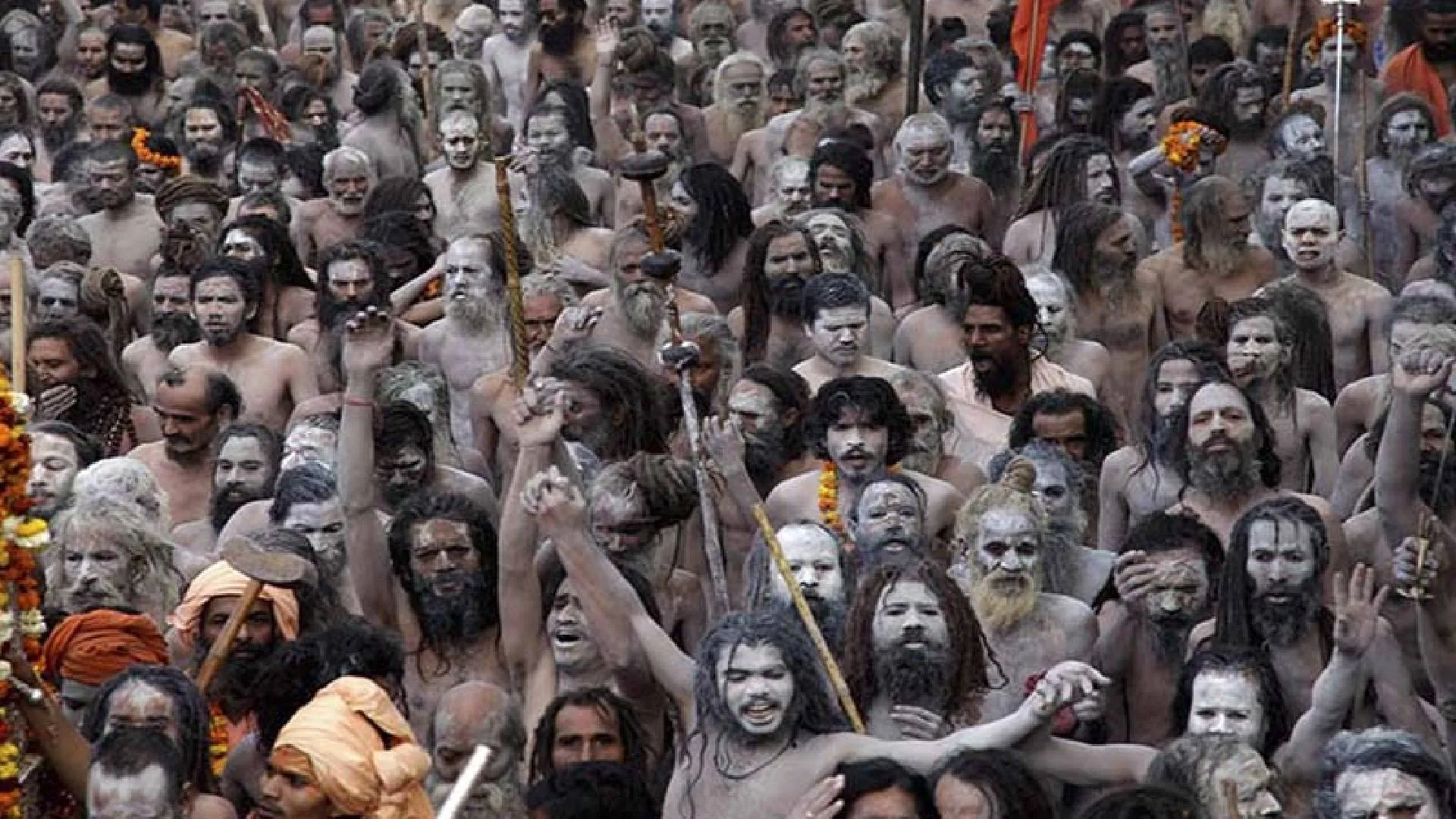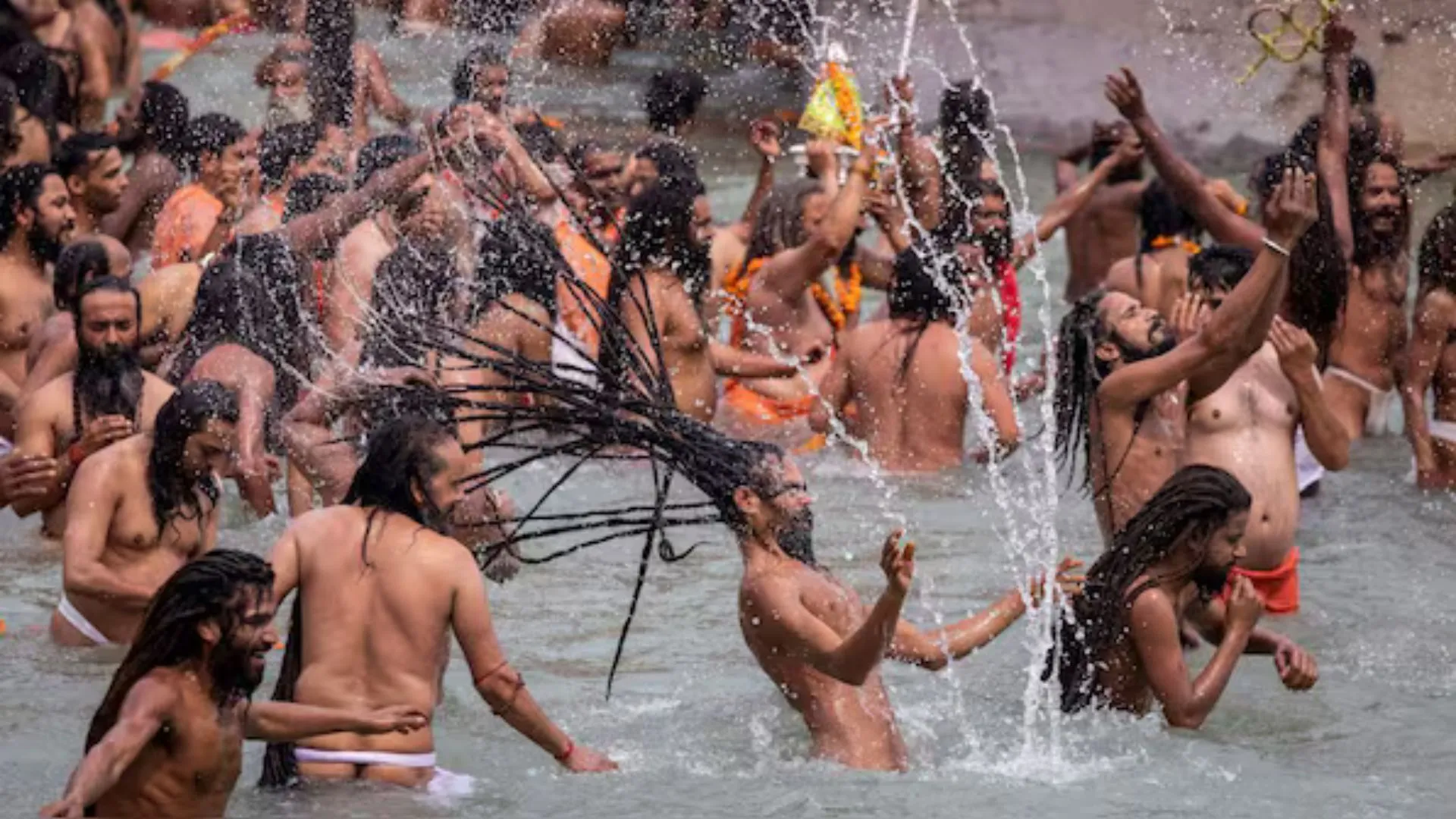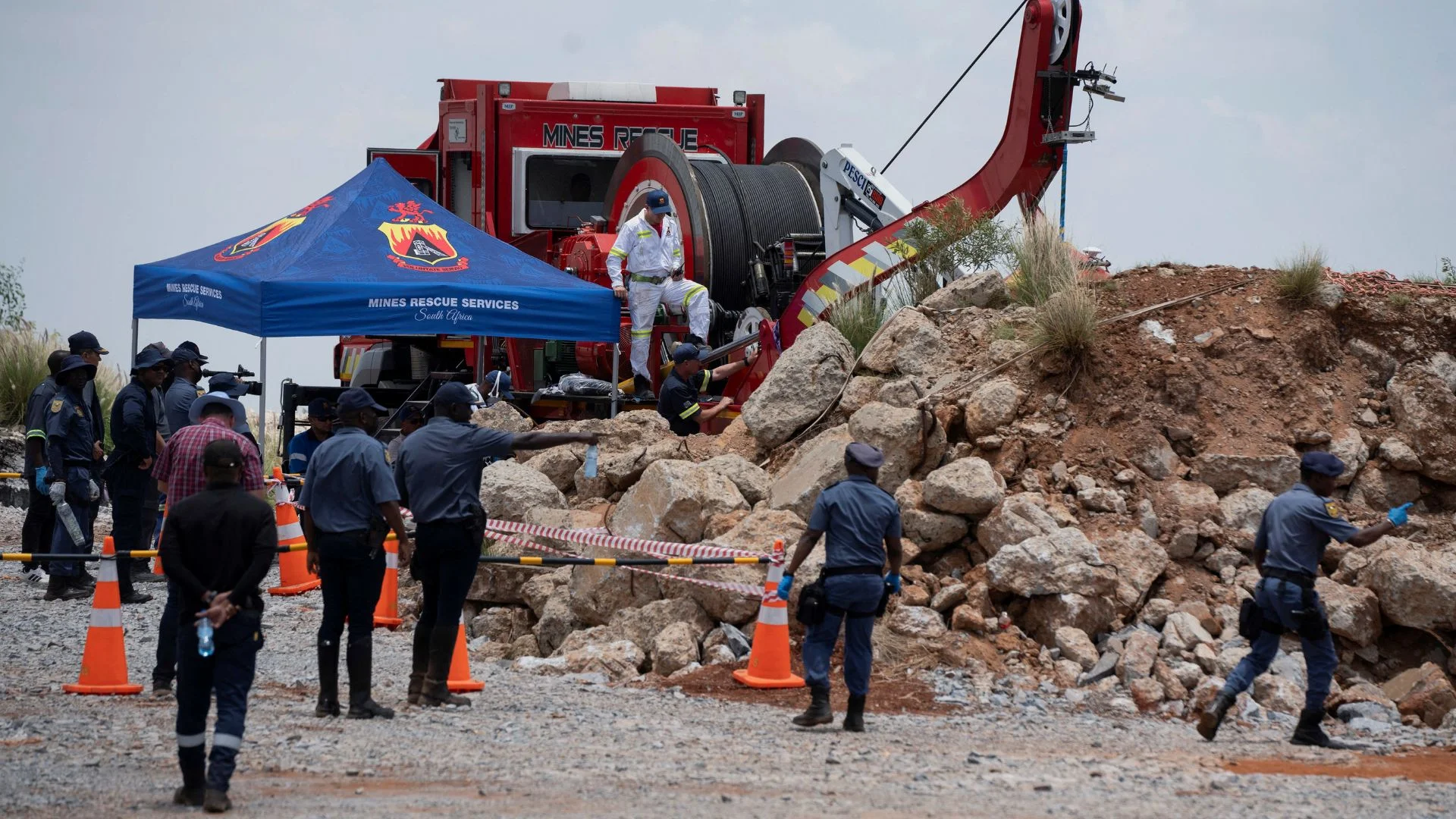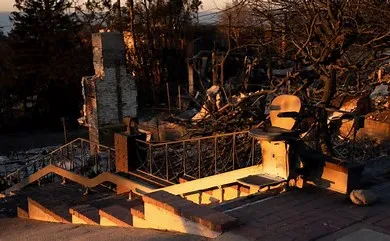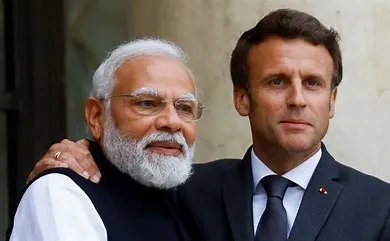At a time when the world is witnessing distressing levels of violence, peace seems to be a distant, even impossible prospect. Economic woes, war or the threat of it, and the ravages of climate change ominously point to an uncertain and bleak future.
For millions of underprivileged people, even thinking of peace is a luxury, with their lives consumed by the daily struggle for survival in the face of poverty or violence. Most of them subsist on the fringes of society, with some resorting to criminal activity in order to get their daily bread. This is one example of how the conditions in the world are spawning more problems for societies and nations.
None of these facts inspire optimism for the future of mankind. However, when we look at our past, we find hope. There was a time in history when there was peace and prosperity in the world and man and nature existed in harmony. The memories of that era, referred to in some cultures as the Golden Age, are etched in human souls. This is why we yearn for peace.
Even in recorded history, different parts of the world have experienced periods of peace at various times, which saw the development of art, culture, the sciences, and trade. Almost every civilization and nation has progressed when it was not in conflict or threatened by it.
Studies have found that peaceful societies are more likely to achieve developmental goals, are more resilient when faced with crises, and have fewer grievances. They are also more likely to adapt and make concessions to reconcile grievances.
Why then, in spite of the dividends that peace brings, have we failed to achieve it globally?
The reason is the mismatch between our desire for peace and our actions. All people want peace, but their actions are often guided by other motives. Failure to understand and appreciate the uniqueness of each human being is a key reason for discord between men. Even where there is a clear understanding of individuals or nations that are different from us, peace becomes a victim of the desire to dominate, to control or gain better access to resources.
International institutions and mechanisms designed to ensure peace are often rendered ineffective because of the competing agendas of the stakeholders. When individuals and nations disregard the concerns of others and pursue their goals at the expense of others, they damage the fabric of mutual respect, goodwill, trust and cooperation that helps and protects men and nations far more than any self-serving actions.
Even peace treaties have often failed because while laying down rules and setting out mechanisms to ensure peace, they do not effectively address the mutual suspicion, hatred or grievances underlying conflicts.
Building true and lasting peace requires its defences to be built in the minds of men, as the Unesco charter says.
The root cause of conflict is that humans see those who are different from them — in appearance, beliefs, practices, or in other ways — as undesirable or as a threat. We can rise above such tribal thinking only when we realise that the human family we speak of is indeed one family, tied together by spiritual bonds.
People everywhere, regardless of the language they speak, the passport they hold, and their beliefs about God, want to live peaceful, happy and comfortable lives. That is because all souls are beings of peace, love and truth, and it is the nature of the soul to be happy. But when we forget our spiritual identity and look at and define each other by race, religion, nationality or gender, we begin to think in terms of ‘us’ and ‘them’, ‘mine’ and ‘yours’.
We can begin to establish peace globally when we start to look inwards and know who we are. When we learn to see the light within us, we can also begin to see the light in others. This opening of the ‘eye’ of wisdom helps foster the bonds of spiritual kinship, helping people transcend social, political and racial boundaries and understand and appreciate each other as members of one global family. This spiritual dimension to peacemaking is the key to its success.
B.K. Mruthyunjaya is Executive Secretary of the Brahma Kumaris.


